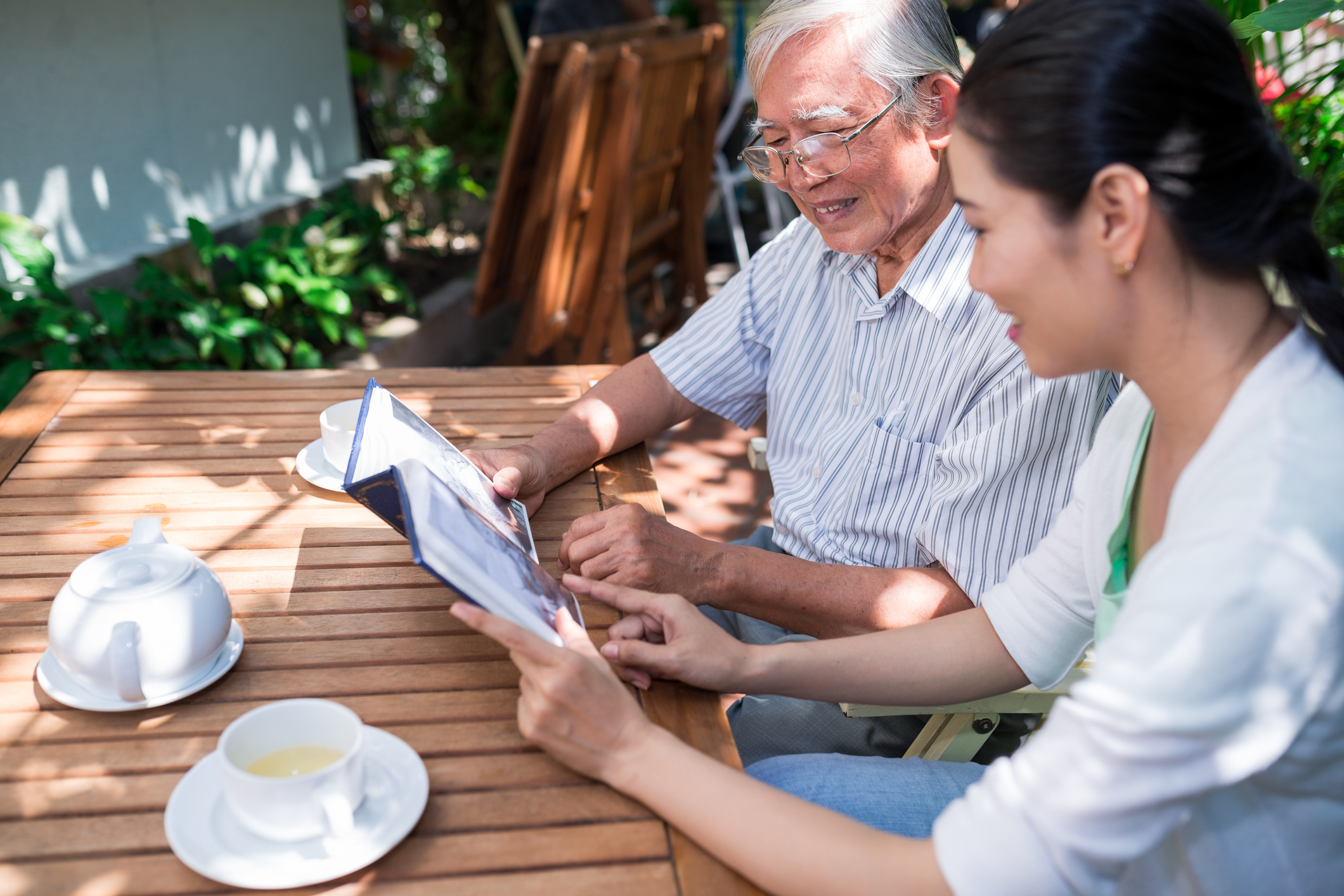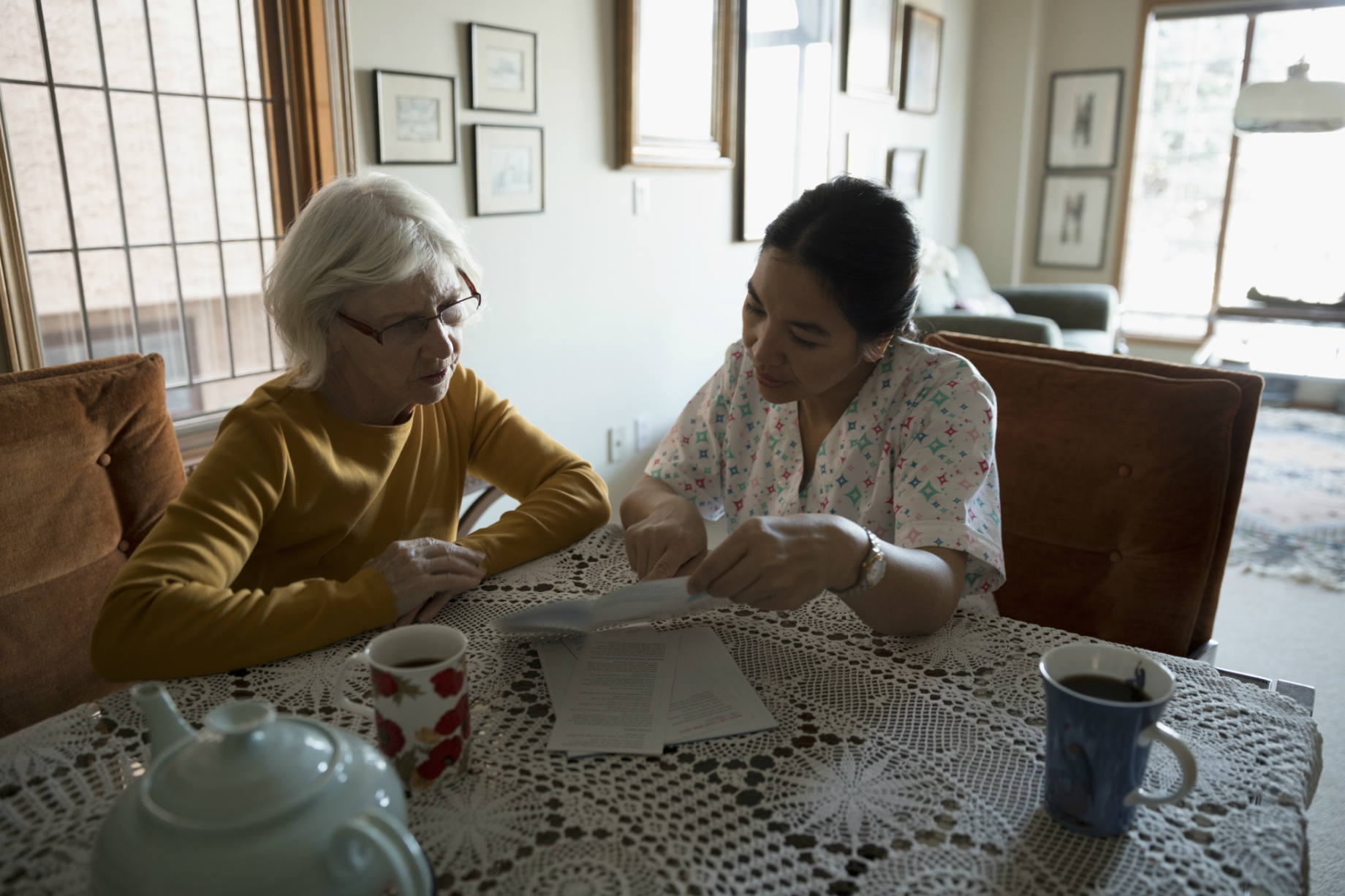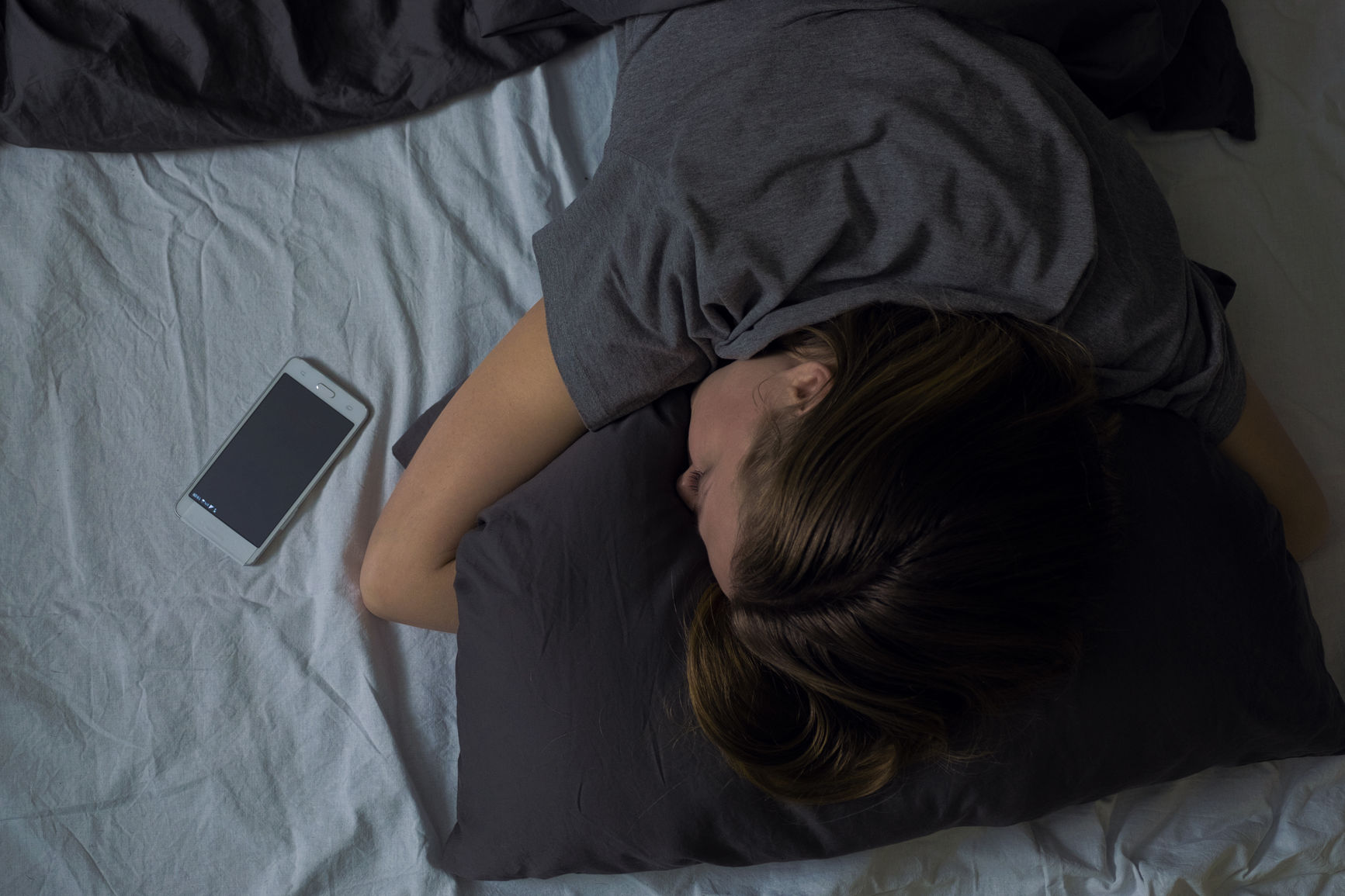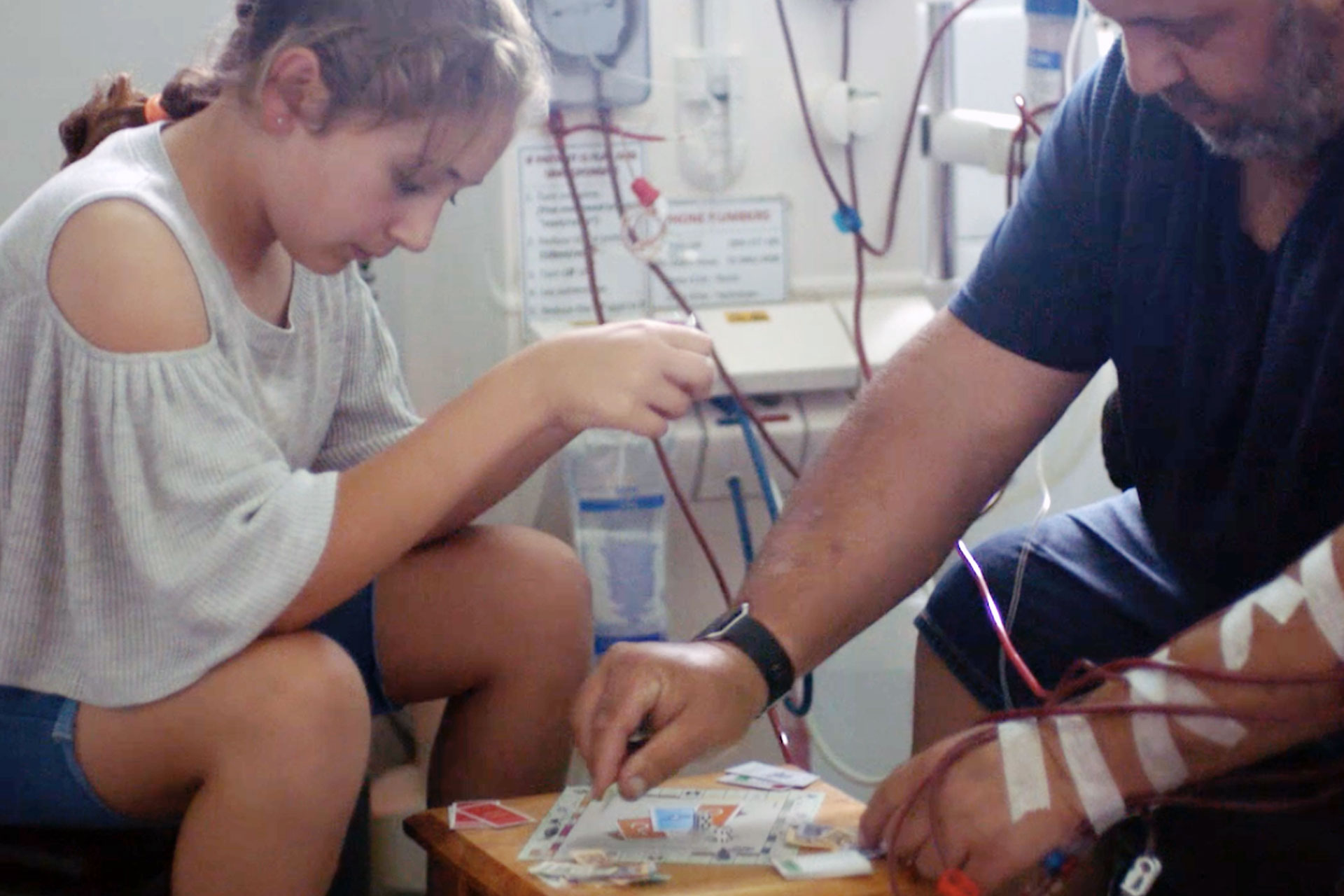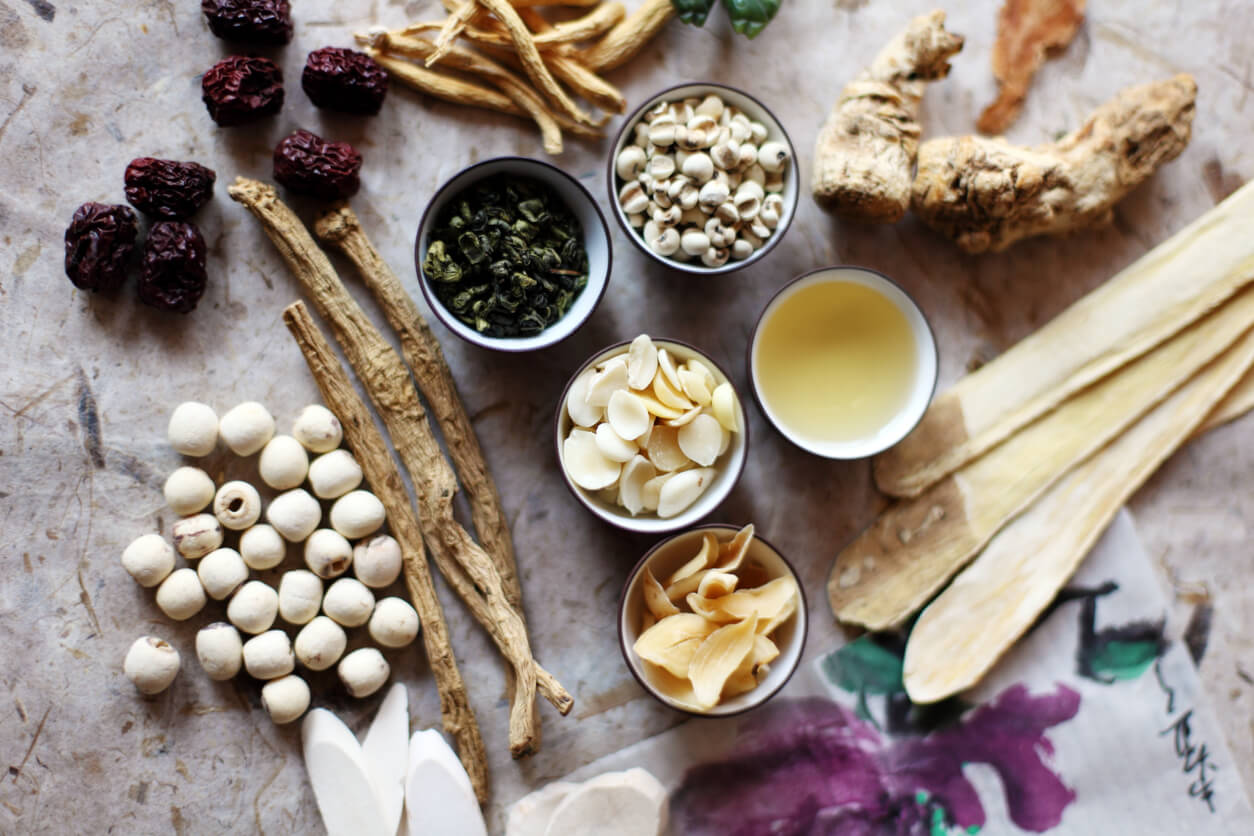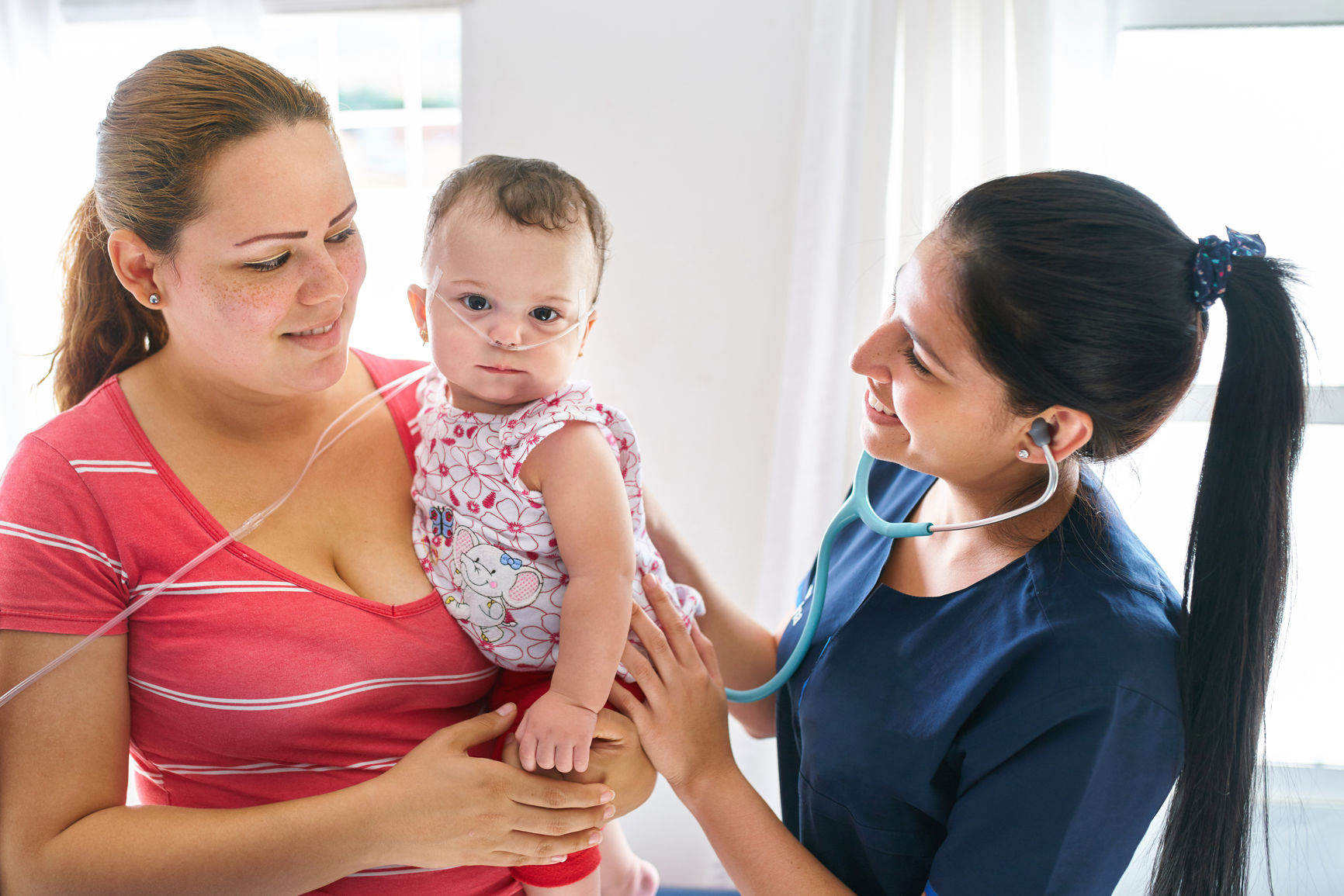-
We’ve all been there: you wake up to a piercing headache and a very queasy stomach. Memories of the night before come flooding back, and you anxiously wonder ‘Did I really say that?’ and ‘Did I really do that?’ You’re hungover, and soon your stomach feels so bad that before you can say ‘bacon and egg roll’ you run to the toilet to find relief. And there it is.
Next-day diarrhoea isn’t inevitable after a big night of drinking, but it’s always a possibility. And while scientists still don’t know exactly what causes hangovers, they do know why the hangover burn happens.
Why does it happen?
As soon as alcohol hits your stomach, a little bit is absorbed through your stomach lining and enters your bloodstream. The rest spends some time in your stomach before entering your small intestine, where about two-thirds of it is absorbed. From here alcohol travels through your blood to all parts of your body. In the liver it’s broken down and processed until it is carbon dioxide and water. In the small intestine it becomes poo and urine, and you eventually pass it.
Even drinking a small amount can speed up the rate of digestion and cause loose stools. Funnily enough, the exact opposite can also happen. Drinking too much can instead cause slow or delayed digestion, and you can end up bloated, constipated and passing very firm stools. It’s a delicate balance. A few other things can also affect the speed with which you digest alcohol, including your gender, your liver health, your genes, the type of alcohol you drink, how much you’ve eaten that day and what you’ve eaten. Fibrous and greasy foods can also speed up digestion creating a double whammy - remember that 3am kebab?
Who gets diarrhoea after drinking?
Anyone who drinks is at risk of the runs, but some groups are more likely to suffer from it than others. People with chronic bowel, intestinal and auto-immune illnesses like coeliac disease, irritable bowel syndrome (IBS) and Crohn’s disease already have sensitive digestive tracts. Drinking can worsen their existing symptoms, often causing diarrhoea.
A gluten (beer) or grape (wine) intolerance can lead to stomach upsets after drinking. While further research needs to be conducted in this area, a recent study also found that people with irregular sleep patterns like shift workers and students pulling all-nighters may also be more likely to have the post-booze runs.
Can I run from the runs?
Just like a hangover, the best way to prevent next-day diarrhoea is to abstain from alcohol altogether or moderate your drinking. But if you do plan on having a boozy night, try and eat a hearty, balanced meal beforehand, and alternate between alcohol and water. And if the runs last longer than a day, best to go see a doctor.
To learn more about how alcohol and other substances affect your health, and the main health issues impacting young Aussies, visit medibank.com.au/adulting.
This is why you get the runs after drinking
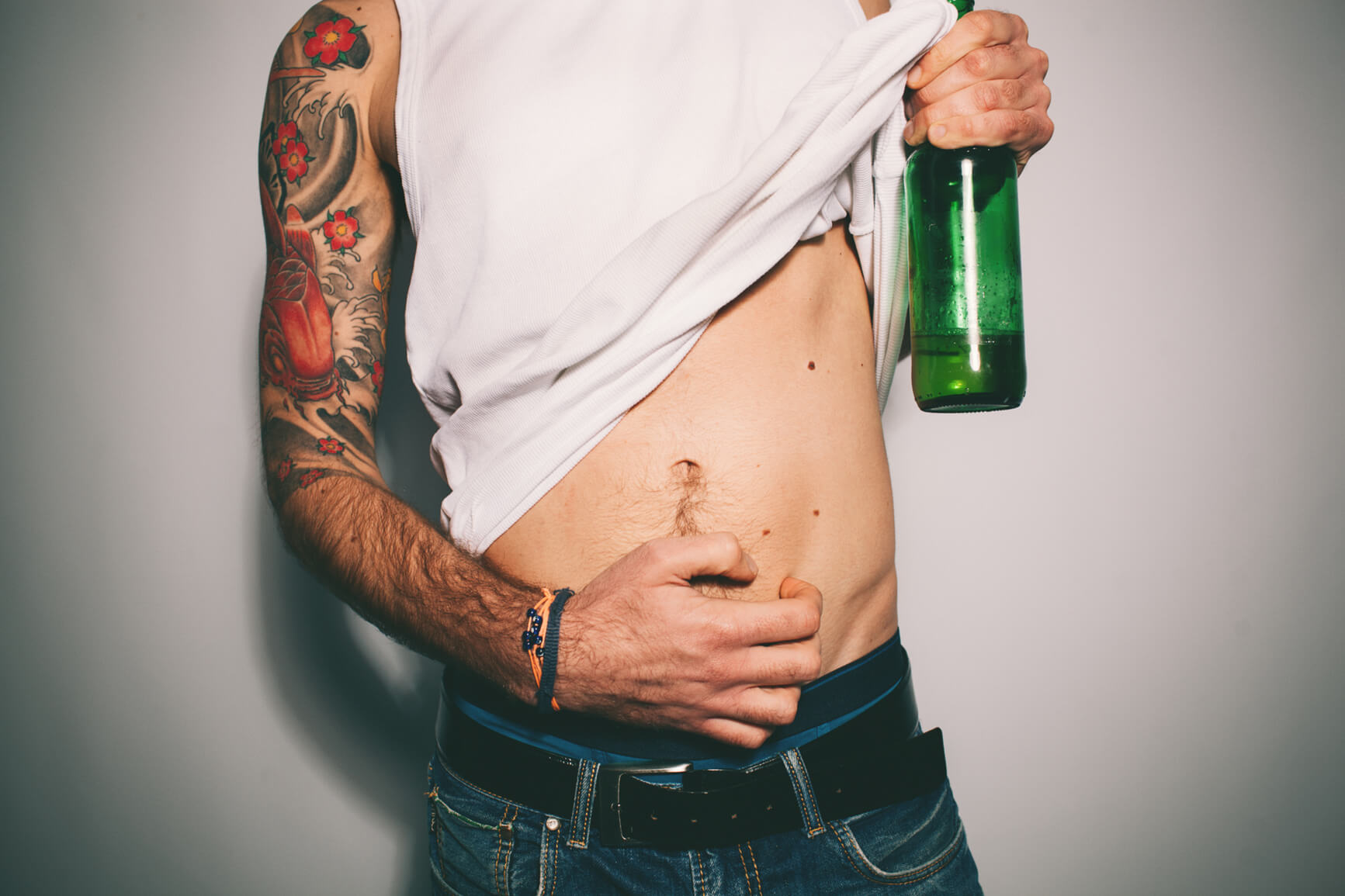
-
Innovating for members living with chronic disease
Medibank is supporting our members living with chronic diseases such as heart disease, arthritis, and diabetes, through our CareComplete programs.
-
Medibank’s palliative care at home trial
Giving our customers choice in where they would like to receive their end-of-life care can provide dignity, privacy and help them retain control over the care they receive.
-
How your phone habits affect your sleep
And what it means for your mental health, hormones and more.
-
Medibank trialling haemodialysis at home
Giving members with chronic kidney disease more choice
-
The origins of western and eastern medicine
Two schools of thought explained
-
Almost half of hospital patients are looking for more support
Find out how Medibank is helping.
Subscribe to receive the best from Live Better every week. Healthy recipes, exercise tips and activities, offers and promotions – everything to help you eat, move and feel better.
By clicking sign up I understand and agree to Medibank's privacy policy

